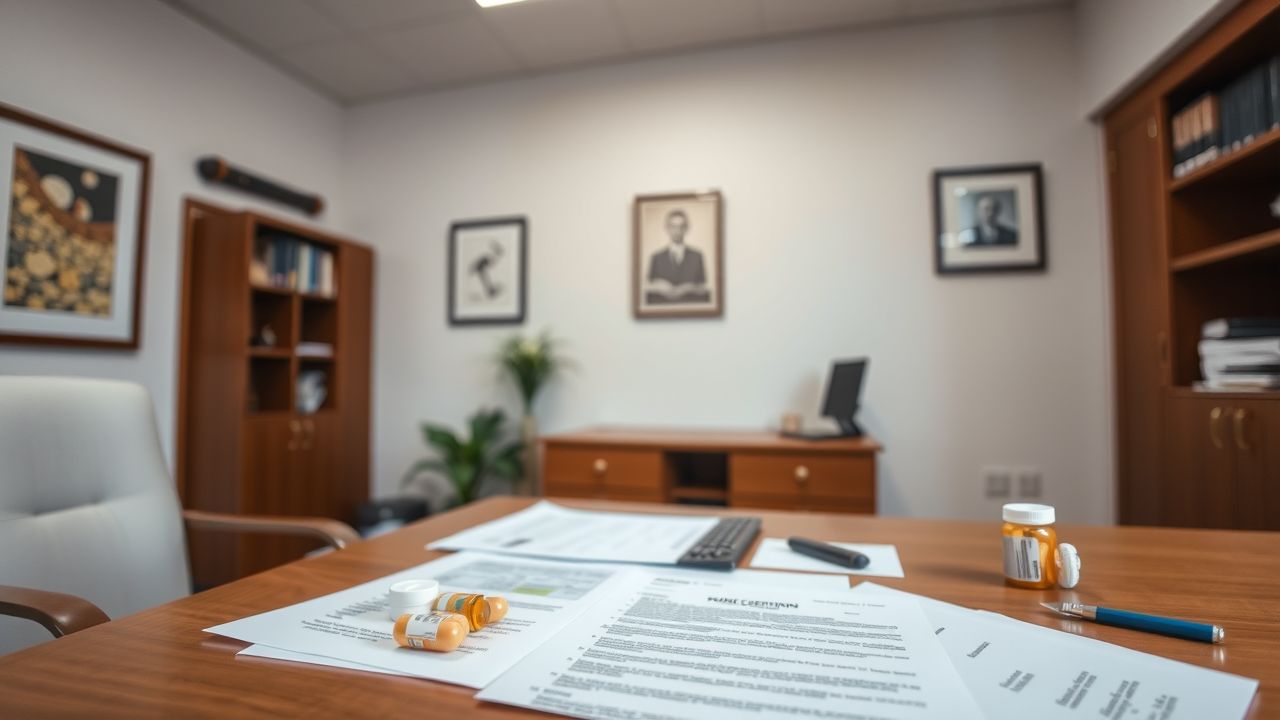Pharmaceutical injury claims can be complex and time-consuming. Each year, thousands of people face harm from unsafe drugs. This article will guide you through the steps of a pharmaceutical injury claim.
You’ll learn what to expect and how to prepare.
Key Takeaways
- Pharmaceutical injury claims involve several steps, from initial consultation to trial or settlement, and can take months or years to resolve.
- Evidence gathering is crucial, including medical records, witness statements, and expert opinions, to build a strong case against drug companies.
- Most cases settle before trial, but if a trial occurs, it typically starts about 16 months after the initial accident and can last several days.
- Statutes of limitations vary by state, ranging from one to six years, and missing this deadline can result in case dismissal.
- Expert testimonies play a vital role in explaining complex medical issues and drug development processes, often influencing settlement negotiations or trial outcomes.
Initial Consultation with a Pharmaceutical Lawyer

The first meeting with a pharmaceutical lawyer sets the stage for your case. You’ll discuss your medical history, the drug in question, and your injuries. The lawyer will ask about your medication use, side effects, and talks with your doctors.
This info helps build a strong case.
Many lawyers offer free initial consultations. It’s crucial to pick a lawyer with know-how, care, and drive. A good match ensures you get the best help for your claim. Bring all relevant papers to this meeting to give the lawyer a full picture of your situation.
Preliminary Investigation and Evidence Gathering
Lawyers start a thorough investigation after taking on a pharmaceutical injury case. They gather key evidence to support the claim. This includes medical records, witness statements, and expert opinions.
Lawyers also look into the drug’s history and any prior complaints. They may request documents from the pharmaceutical company through legal channels.
Evidence plays a crucial role in building a strong case. Medical records show the extent of injuries and link them to the drug. Witness testimonies can provide valuable insights into the effects of the medication.
Expert opinions from doctors or scientists lend credibility to the claim. Lawyers also collect any available police reports or accident records. They document the client’s personal experiences with the medication carefully.
Evidence is the foundation of any successful pharmaceutical injury claim.
Filing the Complaint
Filing a complaint marks the start of a legal case. Your lawyer drafts a document that outlines your claim against the drug company. This document lists the facts of your case and the damages you seek.
The lawyer then files this complaint with the court. The court clerk assigns a case number and issues a summons to the defendant.
The defendant has a set time to respond to your complaint. This time frame varies by state but often ranges from 20 to 30 days. During this period, your lawyer may gather more evidence to support your case.
They might also start talks with the defendant’s lawyers about a possible settlement.
Response from the Defendant
After receiving the complaint, the defendant must respond within a set time frame. This response often takes the form of an answer or a motion to dismiss. In the answer, the defendant addresses each claim made in the complaint.
They may admit, deny, or state they lack enough information to respond to each allegation.
The defendant might also file a motion to dismiss. This legal document asks the court to throw out the case for various reasons. These reasons could include lack of jurisdiction or failure to state a valid claim.
The court then decides whether to grant the motion or allow the case to move forward. This step sets the stage for the next phase of the legal process.
Discovery Phase
The discovery phase starts after filing a personal injury lawsuit. Lawyers gather facts and evidence to build their cases. They ask for documents, send written questions, and take sworn statements.
This process helps both sides understand the strengths and weaknesses of their arguments. Lawyers may request medical records, police reports, and witness accounts. They also look for expert opinions to support their claims.
During discovery, lawyers use tools like interrogatories and depositions. Interrogatories are written questions that must be answered under oath. Depositions involve in-person questioning of witnesses or experts.
The plaintiff’s lawyer compiles evidence for these steps. This includes eyewitness statements and expert testimonies. Plaintiffs must certify that all facts presented are true. The discovery phase can take months or even years, depending on the case’s complexity.
Settlement Negotiations
Settlement talks often start after both sides gather evidence. Lawyers aim to reach a fair deal without going to court. These talks can last several months. In Hannah’s case, she got a low offer of $5,000.
This shows how talks can start with low amounts.
During this phase, lawyers keep digging for facts. They talk to witnesses and ask experts for opinions. The goal is to build a strong case. This helps them push for a better deal. If talks fail, the case may go to trial.
But most injury cases end with an agreement, not a court battle.
Mediation Process
Mediation happens after you file a lawsuit but before trial. A neutral third party helps both sides talk and try to settle. This process can take one day or need more sessions. You’ll get ready by sorting papers, making a statement, and looking at your case’s strong and weak points.
For good mediation, stay calm and listen well. Be open to give and take, and trust your lawyer’s advice. This step can save time and money compared to a full trial. Next, we’ll look at how to get ready if your case does go to court.
Trial Preparation
Trial preparation is a key phase in a pharmaceutical injury claim. Lawyers gather and organize all evidence, including medical records and expert testimony. They also prepare their clients for court appearances.
This step involves mock trials and practice sessions to help clients feel at ease on the stand.
Lawyers craft strong arguments to counter the drug company’s defense. They review depositions from the injured party, doctors, and drug company staff. Hannah’s attorney took these steps to build a solid case.
Careful planning helps lawyers fight big pharma firms in court. Expert witnesses play a vital role in explaining complex medical issues to the jury.
Trial Phase
The trial phase marks a crucial point in a pharmaceutical injury claim. It typically starts about 16 months after the initial accident. During this time, both sides present their cases to a jury.
The trial often lasts a few days, with each party calling witnesses and showing evidence. Experts may testify about drug safety and clinical trials. After all arguments wrap up, the jury takes time to decide.
In this case, they spent three hours thinking it over before reaching a verdict.
Juries weigh the facts carefully in these cases. They look at medical records, expert opinions, and witness statements. They must decide if the drug company is at fault based on a “preponderance of evidence.” This means the plaintiff’s claim is more likely true than not.
The outcome can greatly affect both the injured person and the drug company. It may lead to compensation for the victim or clear the company’s name.
Verdict or Settlement Outcome
After the trial phase ends, a verdict or settlement outcome follows. Juries decide verdicts, which can differ from earlier settlement offers. In Hannah’s case, the jury found her not at fault and awarded her triple the last settlement offer.
This shows how verdicts can greatly impact a claim’s outcome. Settlements, on the other hand, can happen at any point before a verdict is reached.
A verdict determines who’s responsible for the accident and how much money is owed. It’s the final decision in a trial, but not always the end of the legal process. Sometimes, parties may file appeals or post-trial motions after a verdict.
This can extend the timeline of a pharmaceutical injury claim even further.
Post-Trial Motions and Appeals
Post-trial motions and appeals offer a chance to challenge trial errors. Parties can file these motions within 10 days after the verdict. Common motions include requests for a new trial or judgment notwithstanding the verdict.
These legal tools allow parties to address issues that may have affected the trial’s outcome. Appeals take the case to a higher court for review of the legal process. This step ensures fairness and correct application of the law.
A personal injury attorney plays a key role in this phase. They guide clients through complex legal steps and deadlines. The lawyer may file motions to correct errors or seek a more favorable outcome.
If needed, they prepare for the appeals process. This might involve drafting new legal arguments or highlighting trial court mistakes. The goal is to protect the client’s rights and pursue the best possible result.
Supplementary Considerations
Supplementary considerations play a key role in pharmaceutical injury claims. These factors can impact your case’s outcome. Learn more about how statutes of limitations and expert testimonies affect your claim.
Statute of Limitations
Statute of limitations sets a time limit for filing a pharmaceutical injury claim. This period varies by state, typically ranging from one to six years. In Florida, most negligence claims have a four-year limit, while medical malpractice cases must be filed within two years.
Missing this deadline can result in case dismissal and financial loss.
Exceptions exist that may extend the filing period. The Minority Exception, for instance, allows minors to file claims after reaching adulthood. It’s crucial to consult a personal injury lawyer promptly to understand the specific time limits for your case.
Timely action ensures your right to seek compensation remains protected.
Importance of Expert Testimonies
Expert testimonies play a crucial role in pharmaceutical injury claims. These experts validate claims and explain complex issues to judges and juries. Medical experts assess injuries and clarify long-term impacts on plaintiffs.
Their input can sway the opposing party to agree to a settlement before trial. About 70% of drugs pass Phase I trials, but only 33% of those reach Phase III. Expert witnesses help make sense of these statistics and their implications.
Lawyers often rely on expert witnesses to strengthen their cases. These specialists provide insights on drug development, side effects, and industry standards. Their testimony can make or break a claim.
Expert opinions carry weight in court and during settlement talks. They help establish the link between a drug and the plaintiff’s injuries. The next step after expert testimonies is often the trial preparation phase.
Conclusion
Pharmaceutical injury claims follow a clear path. You now know what to expect at each stage. This knowledge empowers you to make informed choices. A skilled lawyer can guide you through the process.
With patience and preparation, you can pursue justice for your pharmaceutical injury.
For more insights on ensuring safety and compliance in various sectors, read about ride safety standards that parks must follow.
FAQs
1. How long does a pharmaceutical injury claim typically take?
The timeline for a pharmaceutical injury claim varies. It can take months or even years. Factors like case complexity, evidence gathering, and negotiations with insurance companies affect the duration. Your personal injury attorney will guide you through each step, from filing the civil complaint to reaching a settlement agreement or going to trial.
2. What happens during the discovery process in a pharmaceutical injury case?
During discovery, both sides exchange information. This includes medical records, expert opinions, and witness statements. You may be deposed, answering questions under oath. Your lawyer might file motions for summary judgment or requests for admissions. This phase is crucial for building a strong case and can last several months.
3. How does negotiation work in pharmaceutical injury claims?
Negotiation often starts with your lawyer sending a demand letter to the insurance carrier. They’ll outline your injuries, medical care costs, and pain and suffering. The insurer may respond with counteroffers. Your personal injury attorney will advocate for fair compensation, considering actual damages and possible punitive damages. If negotiations stall, the case may proceed to court.
4. What role does burden of proof play in these cases?
In pharmaceutical injury claims, the plaintiff bears the burden of proof. You must show beyond reasonable doubt that the medication caused your injury. This often requires expert testimony and extensive medical evidence. Your personal injury law firm will work to meet this standard, proving the link between the drug and your adverse events.
5. Can alternative dispute resolution methods be used in pharmaceutical injury cases?
Yes, some cases may be resolved through alternative methods. Arbitration is one option, where a neutral third party decides the outcome. Mediation is another, facilitating negotiations between parties. These methods can be faster and less costly than a jury trial. Your lawyer will advise if these options suit your case.
6. What should I expect if my case goes to trial?
If your case reaches the courtroom, be prepared for a formal process. Your lawyer will present evidence, call witnesses, and argue your case before a judge or jury. The defense will do the same. Trials can last days or weeks. The outcome determines if and how much compensation you receive. Remember, most personal injury claims settle before reaching this stage.
References
- https://www.rftmlaw.com/blog/2024/may/how-do-i-know-if-i-have-grounds-to-file-a-pharma/
- https://www.realtoughlawyers.com/blogs/timeline-of-a-personal-injury-case
- https://www.shraderlawfirm.com/understanding-the-timeline-of-a-personal-injury-case/ (2023-01-20)
- https://www.gjel.com/personal-injury/personal-injury-lawsuit-timeline
- https://www.abellawfirm.com/discovery-phase-in-personal-injury/ (2024-06-25)
- https://www.dmlawusa.com/blog/personal-injury-lawsuit-timeline-what-to-expect/ (2024-05-30)
- https://www.thelawplace.com/faqs/how-long-does-settlement-negotiation-take/
- https://www.gkbm.com/blog/personal-injury-mediation-preparation/
- https://lommen.com/how-long-does-mediation-take-in-a-personal-injury-lawsuit/
- https://simonlawpc.com/dangerous-drugs/how-long-does-a-pharmaceutical-lawsuit-take/ (2021-09-22)
- https://med.uc.edu/depart/psychiatry/research/clinical-research/crm/trial-phases-1-2-3-defined
- https://www.mhc-law.com/understanding-post-trial-motions-and-appeals/ (2024-09-10)
- https://hirejared.com/injuries/statute-of-limitations-negligence/
- https://www.cpinjuryattorneys.com/article/understanding-the-importance-of-expert-witnesses/

